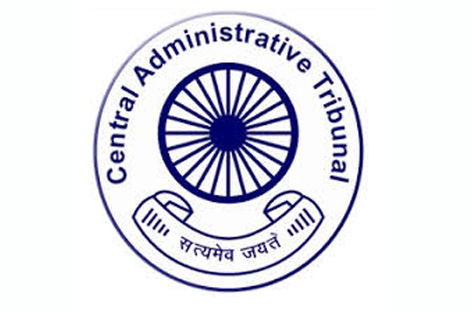Cases of J&K, Ladakh UTs identified
Mohinder Verma
JAMMU, Nov 25: As a sequel to the applicability of the Administrative Tribunal Act, 1985 to the Union Territory of Jammu and Kashmir and Union Territory of Ladakh, the common High Court has initiated an exercise to transfer all the service matters of the employees of erstwhile State presently pending in the Jammu and Srinagar Wings to the Central Administrative Tribunal (CAT).
As per the provisions of the Jammu and Kashmir Reorganization Act, which was passed by the Parliament in the first week of August this year, the Administrative Tribunal Act has become applicable to the newly created Union Territories with effect from October 31, 2019.
Before enactment of Reorganization Act, 2019, the Central Administrative Tribunal’s Chandigarh Bench was only hearing the service matters of the Central Government employees posted in the erstwhile State of Jammu and Kashmir and the services matters of the employees of the J&K Government were being adjudicated in the High Court’s Jammu and Srinagar Wings.
However, following creation of Union Territory of Jammu and Kashmir and Union Territory of Ladakh, the service matters of J&K and Ladakh employees are required to be transferred to the Central Administrative Tribunal, official sources told EXCELSIOR.
Keeping this in mind, the common High Court of J&K and Ladakh has initiated an exercise for identifying the matters which appear to be covered under Sections 28 and 29 of the Administrative Tribunals Act, 1985 and are required to be transferred to the Central Administrative Tribunal.
A notice in this regard has been issued by the Registrar Judicial, which read: “The details of the matters have been made available on the website and if there is any matter left out, the details thereof may also be furnished to the Registry by the concerned advocate, department or litigant”.
“The exercise will be completed as expeditiously as possible so that Central Administrative Tribunal starts disposal of service matters whose number is around 50000 in both the wings of the High Court”, sources said while disclosing that the Central Administrative Tribunal is a substitute to the High Court to deal with the service matters of employees of Union of India and Union Territories.
This development will serve twin purposes. First, High Court will be relieved of the burden of these service matters and get adequate time to attend other cases which are also pending for disposal since long. Secondly, litigants would get an exclusive platform for redressal of their service matters in a time bound manner.
“All the proceedings before the Tribunal shall be deemed to be judicial proceedings within the meanings of Sections 193, 219 and 228 of the Indian Penal Code”, read Section 3 of the Administrative Tribunals Act.
As per Section 22 of the Act, Tribunal is not bound by the procedure laid down in the Code of Civil Procedure but is guided by the principles of natural justice and subject to the other provisions of this Act and of any rules made by the Central Government, the Tribunal has the power to regulate its own procedure including the fixing of places and times of its inquiry.
In response to a question, sources said that the Central Administrative Tribunal has five zones and the Union Territories of J&K and Ladakh come under Chandigarh Zone. “Now, it is to be seen whether the Department of Personnel and Training, Government of India sets up circuit bench in J&K UT or allows the Chandigarh bench to handle all these cases”, sources said while disclosing that one circuit bench was holding its sittings in Jammu and Srinagar three-four times in a year but a permanent mechanism is required to be evolved especially when such a large number of cases are being transferred to the CAT.
Legal experts opined that it will be better if individual bench of CAT is established at Jammu, Srinagar and Ladakh. “If the Union Government decides to put the UTs under the Chandigarh bench the litigations will be subjected to undue harassment as it would not be possible for every employee to visit Chandigarh for pursuing case”, they added.


